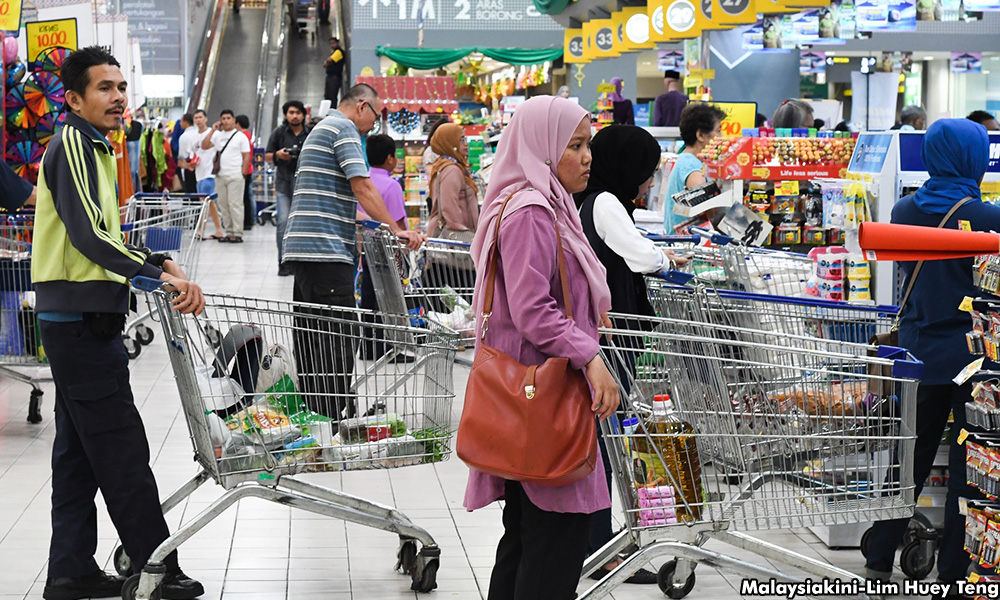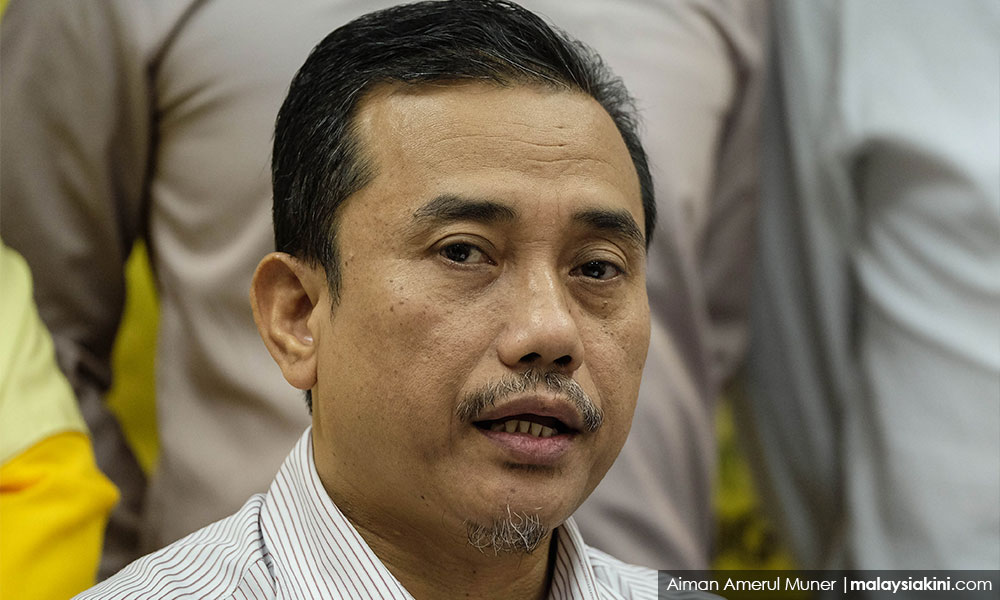The boycott: Belacan today, blood tomorrow?
OPINION | MARIAM MOKHTAR
Published: | Modified: 
COMMENT | Not everyone appreciates the complex issues and reasons behind organising a boycott, but most people can recognise stupidity (and hypocrisy) when they see it.
The NGO called Ummah, which is trying to promote Muslim-made products, must realise that a boycott is not the way to market a business. Success is a question of attitude.
The non-Muslim/non-Malay businessman probably started small, a few decades ago. He learnt from his mistakes and persevered to make it a success.
If anecdotal evidence is to be believed, many Malay businessmen expect overnight success. Their investment is spent on projecting the right image, rather than growing the business; thus the teak office table, the Rolex, the Mercedes and a young wife.
First: How committed are the organisers, to the boycott?
Some Malays may be convinced to boycott belacan today, because it has been manufactured by a Chinese company, but would they boycott blood? Will the organisers cherry-pick the products to boycott, or will there be no exceptions?

Second: Who loses in a boycott?
In many Malaysian factories, the workforce is mostly Malay. If a boycott was organised, the Muslim workers will suffer.
A boycott will result in reduced sales and lower profit. If a company suffers a cash flow problem, it may close down or be forced to terminate the services of its workers.
The organisers may have scored a moral victory, in that the non-Muslim company is shut-down, but will they, or their associated friendly companies, be able to absorb the retrenched workers?
An unintended consequence of a boycott will be a redundancy of the Muslim workforce.
Third: The organisers are cutting off their noses to spite their faces.
Foreign investors want things to proceed smoothly. If they see possible disruptions to their manufacturing and political instability caused by racism and religious extremism, they will scout around for a more stable country.
When a foreign investor overlooks us, and plants his money in neighbouring countries, the whole nation loses out.
Fourth: What is the real reason for the Muslim NGOs boycott?
Ordinarily, a boycott is made because a product or service is made in an unethical fashion. Seaworld was boycotted because the baby orcas were separated from their mothers, which caused stress, depression, unpredictable behaviour and boredom. When Seaworld was boycotted, revenue dropped as the public kept away.
Ummah's boycott, appears to be an extension of the race and religion policies adopted by successive governments, including this one.
Fifth: What is stopping Ummah from reporting the "doubtful halal status" of some non-Muslim made halal products?

Ummah chairperson Aminuddin Yahaya (above) claimed that the spiritual wellbeing of many Muslims had been affected because he suspected that many food products had a "doubtful halal status". He based his evidence "on research made by NGOs for years".
Why does he not present his results to Jakim, or the Minister for Islamic Affairs, Mujahid Yusof Rawa? No one will dispute the results if the products have been tested in a certified laboratory. Facts do not lie.
Sixth: Malays have been asked, on social media, to boycott a supermarket chain, on one day a week, because it did not promote bumiputra products, or reduce the price of non-bumiputra produced products.
Doesn't this sound like a group of bargain hunters trying to force a supermarket to its knees?
Seventh: Ummah claimed that they only urged Muslims to channel their purchasing power to Muslim-made products.
Why should anyone do this? People buy a product, because of the quality, price and availability.
If the Muslim manufacturers find it hard to compete, then they should check their performance, product quality, prices, after-sales service and ensure that their marketing is effective.
Muslim companies must listen to what the consumer wants, such as good workmanship, meeting deadlines and value for money.
Race and religion-based policies are the bane of Malaysia. A successful Ipoh businessperson has suggested that Malays, especially in small and medium enterprises (SMEs) should team up with a non-Malay in a genuine partnership, not an Ali Baba relationship. In the "Buddy system", both men are working partners.
To encourage this initiative, the government should award low-interest loans, and enforce their repayment, with both partners being equally liable for the repayment.
The government should ensure that banks consider such loans more favourably. In this special arrangement, the non-Malay will benefit from access to cheaper loans, but more importantly, the Malay also learns, hands-on, about work ethics and how a business is conducted.
When we work together, everyone will succeed, the country will benefit and we will be a powerful economic force.
Even in the Middle East and in the heartlands of the Muslim world, Muslims and non-Muslims are in partnership. Muslims and non-Muslims were already teamed-up, before the Malacca Sultanate.
If Ummah thinks that Malay businesses are struggling, he should consider the "Buddy system", which will not only help the Malays, but encourage integration and unity.
A word of caution. Today, extremists target products made by non-Muslims. If this dangerous precedent is set, they may also target the services provided by non-Muslims.
The BDS against non-Muslim, especially Chinese, businesses is at an appropriate level, because many or most of them practice discrimination in hiring employees, as well as choosing their business clients.
ReplyDeleteNobody is talking about life and death issues such as blood.
BDS against Tiongkok lovers..
All the reasons are nonsense, we muslim stick to 'buy muslim first' no boycott to any one.
ReplyDelete